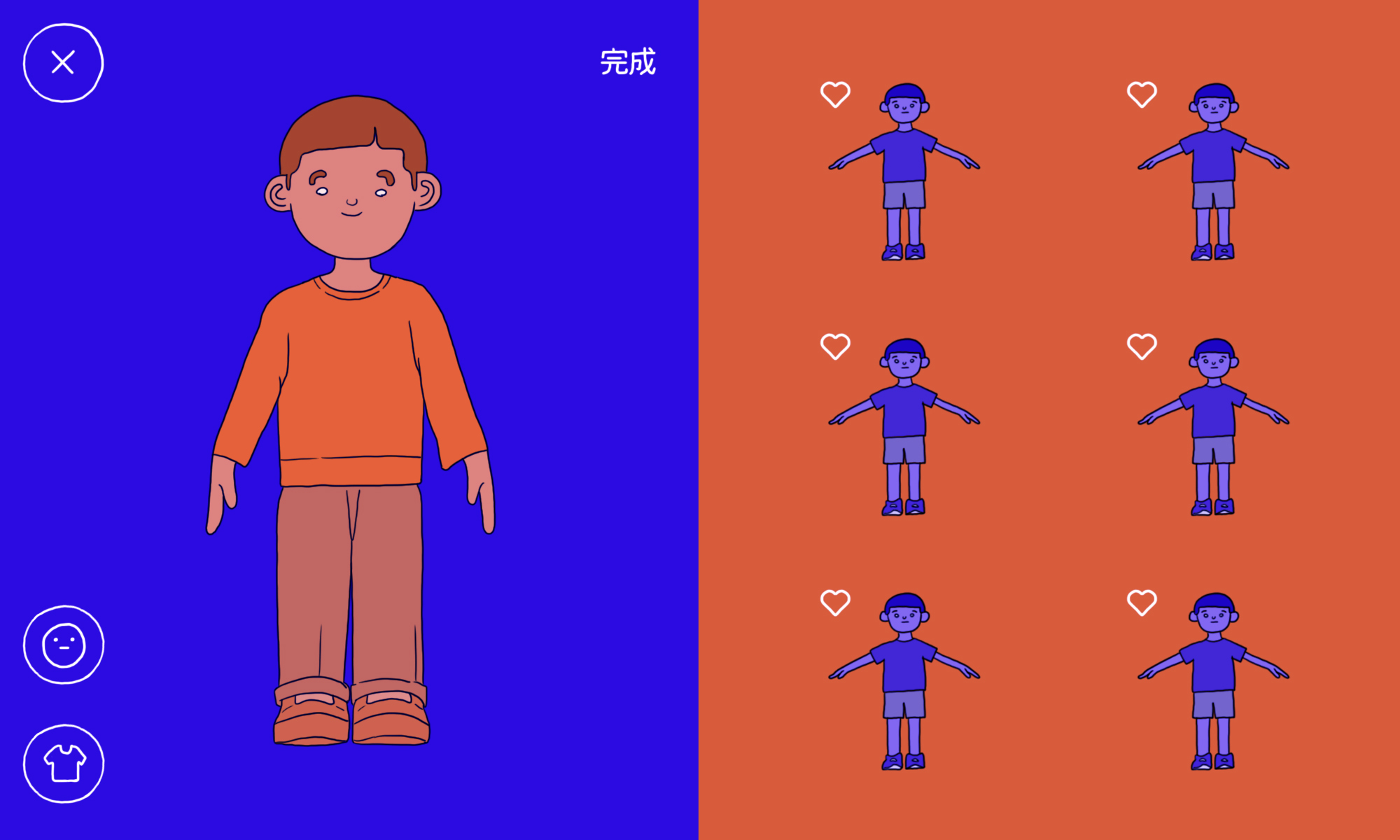The metaverse social app that challenged WeChat
Zheli, a new Chinese social media company with metaverse tendencies, has come out of nowhere and is competing with WeChat.

Digital friends are fickle things. Countless in number, shallow in substance, they emerge most often on birthdays. They ping you unprompted. They disappear without notice. Then, when they reappear, they’re in photos with your other digital friends.
The most downloaded app in China last week, Zheli (啫喱) promises to solve our online woes with more screen time. Billed as a “virtual online apartment for intimate friends,” the new social media app restricts user interactions to only 50 contacts. Users join with a 3D avatar and interact with contacts in a shared room that resembles an apartment. Real-time communication and location sharing is encouraged.
Millions of Chinese users are apparently sold on the promise of more intimacy. First released on January 20, Zheli topped the charts on February 9, the first time an app has beaten WeChat for the top spot since 2019. The app appeared to be popular with long-distance couples during the Chinese New Year holidays, many of whom interacted in the online “apartment” provided by Zheli.
The breakthrough can be explained in part by Zheli’s contrasts to WeChat, the quintessential super app that has dominated Chinese lives for over a decade. Though WeChat began as a messenger app just like WhatsApp, it was so bloated by new functions that the app no longer prioritizes friends or personal communications. People use it for almost everything, including food delivery, company communications, business contacts, payments, entertainment, date matching, even vaccine scheduling.
China news, weekly.
Sign up for The China Project’s weekly newsletter, our free roundup of the most important China stories.
A sudden closure
Just three days after Zheli toppled WeChat on the App Store, the owner, Beijing Particle Information Technology, suspended downloads, citing “a continuous, organized effort by larger platforms” to spread false rumors and attack the credibility of the company. It also referred to “technical issues,” including crashes, lagging, and outages caused by unexpected demand.
“We never expected Zheli to be loved by so many users in such a brief period,” the announcement said. “If the number of users increases further, no matter what we do, it will be difficult to provide the best user experience.”
The suspension appears to be in response to an online campaign by netizens who claimed that their WeChat and QQ IDs were being stolen by the app.
Approaching the metaverse
Zheli is part of a new wave of “metaverse”-related apps, which are modeled on the virtual online environment popularized by Mark Zuckerberg’s Meta. Roughly 1,500 mainland Chinese companies have recently applied for metaverse trademarks and Chinese tech giants like Tencent, Huawei, and Baidu have already launched prototypes of the concept, though they have all largely disappointed.
Combining 3D virtual elements and a shared-room concept, Zheli shares similar traits to other upstart platforms like Soul, ZEPETO, QQ Show, and the face-swapping app ZAO. Some Weibo users have accused Zheli of taking advantage of the latest zeitgeist. “I know this is billed as a metaverse app but…isn’t this just the same as QQ Show except with close friends?” wrote one user.
But Zheli appeared to have tapped into a real desire among Chinese for new social arrangements in the digital world. That demand appears to be shared globally. In the U.S., legacy dating apps like Tinder and Bumble are coming under pressure from a crop of new dating apps. Last year, 43 funding rounds took place in the dating space, totaling more than $31 million. Both WeChat and Tinder are about a decade old, and VCs smell blood in the water.
Zheli is not the first of its kind, and as new technologies from VR to 3D graphics come into fashion, it certainly will not be the last.






